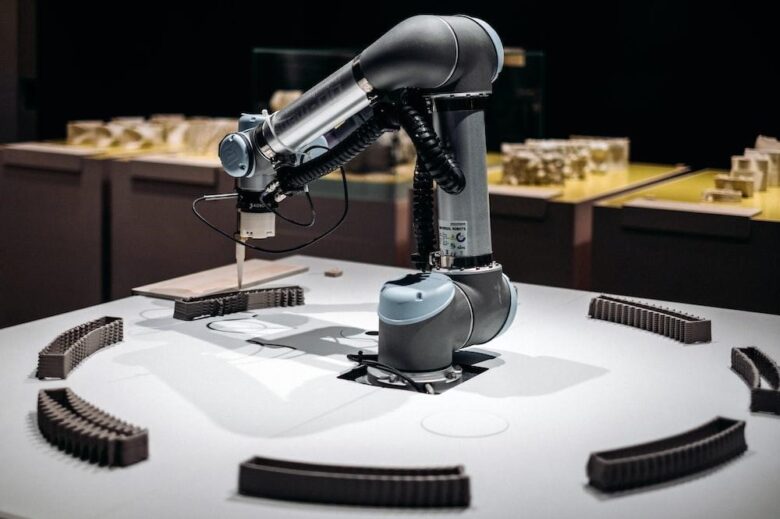Disruptive technologies are innovations that cause habitual changes in individuals and society. Before the digital revolution, examples of disruptive technologies were the light bulb and, before that, the wheel. While it’s difficult to argue against the value of the wheel and the light bulb, today’s innovations are a mixed bag. Below, we discuss modern tech disruptors: the emerging technologies and their impact on society.
The Rise Of 3D Printing
The rise of 3D printing changes how products are developed, manufactured, tested, and produced and how expensive they are across industries. With disruptive innovations like 3D printing, outcomes for industries ranging from jewelry to regenerative medicine are possible and more affordable.

With 3D printing, prototypes can be created continually; ideas can be tested quickly and produced ongoingly, all for less money than other approaches. Sectors from electronic engineering and architecture to food can all benefit from 3D printing.
How Disruptive Innovation Makes An Impact?
Disruptive innovations focus on critical market areas and, ultimately, overtake them. Examples include the computer surpassing the typewriter and alternatives to in-person events, from live auctions online to telemedicine appointments. People are changing their habits by participating online instead of in person. The ability of innovation to change the majority of the population’s habits (and to take over the market) is the defining factor of what makes a technology a disruptive innovation.
Use Of Cloud Services
The primary reason disruptive technologies take over is that they successfully change a habit or behavior of the majority. A positive example of a modern tech disruptor is cloud services. With changing work demands, such as more people working from home, the need for Cloud services makes working through the Internet efficient and secure.

With cloud computing, company files can be saved without additional storage. This innovation helps teams stay connected wherever they are in the world. It also gives companies many advantages, given the ability to apply tools by connecting to personal devices.
Workplace management software is now a common approach to managing the hybrid workforce as it has cloud services built for more efficient work outcomes.
Digital Fingerprinting Systems
Advanced security systems through digital fingerprinting make it possible to control a device’s security with identity verification. To defend copyright, bits are placed into a medium that can then be used to identify unauthorized information, such as illegal DVD copies. It can also make signing into your devices more secure. Using your fingerprint to access your computer or tablet prevents others from logging into your device and accessing your content and information.
Smart Cities Technology
Cities that rely on ICT to improve infrastructure, public services, etc., gain advances in eco-design and sustainability, improving the lives of citizens and establishing a value network. Information and Communications Technology gives people the choice to build sustainable outcomes.
Whether you are an urban planner, a sustainable investor, or a citizen playing a critical role in your environment and community, this innovation gives society the power to improve its economy and infrastructure.
Use These Innovations For Good
While emerging technologies undoubtedly have many positives, they are not without consequences. The use of these technologies may replace some jobs or take away job opportunities in the future.
Additionally, consumer demands are likely to increase, leading to more innovations at excessive levels; this may do more harm than good for work-life balance. Ultimately, the modern tech disruptors are what YOU make of them, so use these innovations for good and reap their benefits for business and beyond.











FIND US ON SOCIALS